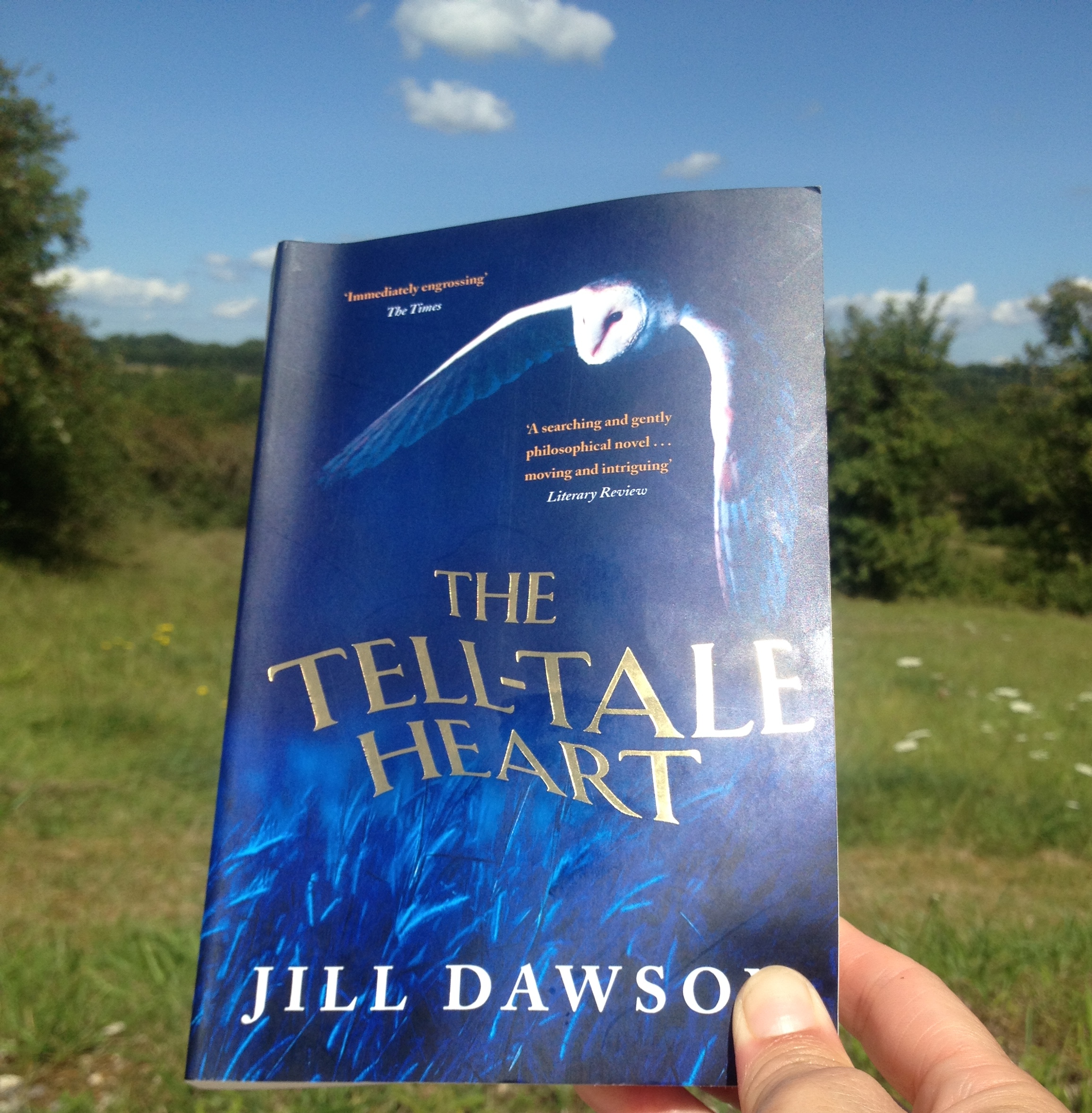This is probably the favourite of the books I read whilst on my jolly holidays. I love Jill Dawson’s writing and had saved this her latest novel to enjoy when relaxed, sitting in the sunshine surrounded by the beautiful french countryside.
Although this is a characteristically short novel, it is complex in its subject and story, linking events from 1816 to the current day. Primarily this is a story about a heart. Sixteen year old Drew’s heart is transplanted into Patrick’s chest after Drew is killed in a motor cycle accident. Patrick, the fifty something university lecturer recipient receives his new heart via pioneering heart surgery at Papworth Hospital in Cambridgeshire.
As Patrick begins to recover physically he tentatively starts to question whether the new emotions he is experiencing are the result of having the heart of someone else, a recognised phenomenon called cellular memory. Cellular memory is something categorically denied by Patrick’s surgeon but his transplant co-ordinator Maureen (who Patrick grows increasingly fond of) is a keen exponent of it. Patrick uses Maureen’s enthusiasm for this subject to enhance his knowledge. Through a ‘slip up’ in the local media, Patrick is able to find out the identity of his donor. This sets him out on a journey into the barren fenland as he seeks to discover more about the life of Drew and what bearing it might have on his ‘new life’. The landscape is essential to the novel. The fens can be bleak and unwelcoming but in this novel they have character and create atmosphere. It is clear that it is a part of the country the author knows well.
By going beyond the physical function of the heart and exploring the more abstract aspect of this blood pumping organ as the essence of ones being, the novel melds together the characters of Drew and Patrick. The author knows her characters intimately and is sympathetic towards them. She is able to draw out their emotions. Drews hotness, his teenage angst and sexual frustration matches Patrick’s middle-aged angst and frustrations. This is a carefully researched novel with lots of detail and despite the complexity of the subject matter not overly complicated. It is written intelligently and carefully but also sparingly. Each word and phrase is carefully chosen and words are not wasted – this is how it is with all of Jill Dawson’s writing.
Although this is perhaps not my favourite novel by Jill Dawson I would certainly recommend it. (my favourite is Magpie) It is engaging and the idea of the emotional role of the heart is a fascinating one.

